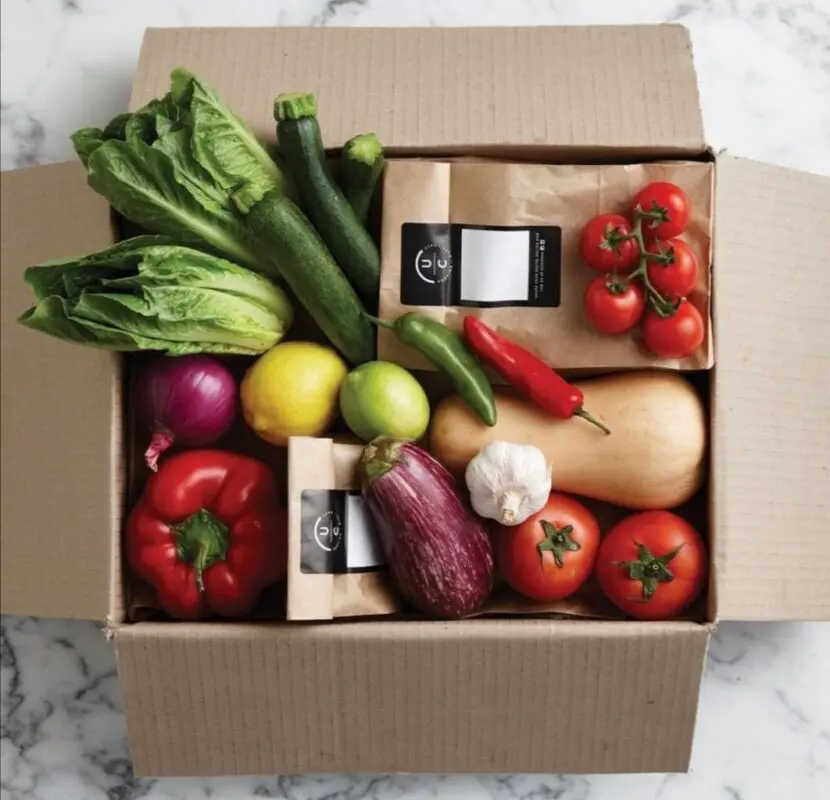The global pandemic has changed the way we approach daily tasks, including grocery shopping. With lockdowns in place and safety concerns at the forefront, many people have had to adjust their habits. However, it’s still possible to shop for groceries in a way that’s both safe and sustainable, even during these challenging times. By adopting mindful shopping practices, you can protect your health, reduce waste, and support eco-friendly businesses.
Here’s a guide on how to shop safely and sustainably for groceries during lockdown.
1. Plan Ahead and Buy Only What You Need
One of the most effective ways to shop sustainably is to plan your grocery trips carefully. With lockdown measures limiting how often you can go out, it’s important to make the most of each visit to the store.
- Create a Meal Plan: Before heading out, plan your meals for the week. This helps you avoid buying unnecessary items and ensures that you only purchase what you need.
- Make a Shopping List: Write down the ingredients required for your meal plan, and stick to it when shopping. This minimizes impulse purchases, which often lead to food waste.
- Buy in Bulk When Possible: Purchasing items in bulk can reduce packaging waste and limit the number of trips you need to make. However, avoid overbuying perishable goods to prevent food spoilage.
Planning ahead not only saves time but also reduces food waste and helps you stay organized during lockdown.
2. Choose Local and Sustainable Products
Supporting local farmers and producers is a great way to ensure that your groceries are fresh and sustainably sourced. It also helps boost the local economy during difficult times.
- Support Local Farmers: Many farmers’ markets and local grocery stores have implemented safety protocols to continue serving customers during lockdown. By buying directly from local farmers, you reduce the carbon footprint associated with transporting goods over long distances.
- Opt for Organic and Sustainable Brands: Look for products that are certified organic, fair trade, or sustainably sourced. These items are often produced with fewer chemicals and are better for the environment.
- Check Packaging: Whenever possible, choose products with minimal packaging or packaging made from recycled or recyclable materials. Reducing plastic waste is an important part of shopping sustainably.
By choosing local and sustainable products, you can support eco-friendly practices and contribute to a greener future.
3. Minimize Waste with Reusable Bags and Containers
Although some stores have temporarily stopped allowing reusable bags and containers due to safety concerns, there are still ways to reduce waste when shopping for groceries.
- Bring Reusable Bags if Allowed: If your local store still permits reusable bags, bring them with you to reduce the use of single-use plastic bags. Make sure to wash your bags regularly to maintain cleanliness.
- Reuse and Repurpose: If you must use plastic bags or containers, try to reuse them as much as possible. For example, you can repurpose plastic bags as bin liners or use containers to store leftovers.
- Choose Refillable Options: Some stores offer refillable options for items like grains, nuts, and spices. Bringing your own containers for these products can significantly reduce packaging waste.
Even during lockdown, small actions like reusing bags and containers can make a big difference in reducing your household waste.
4. Consider Contactless Shopping and Delivery
For those concerned about safety, many grocery stores and farmers’ markets now offer contactless shopping options. This allows you to shop from the comfort of your home while maintaining social distancing.
- Online Grocery Delivery: Many stores now provide online ordering and delivery services. Opt for local or sustainable grocery delivery services when available to reduce the environmental impact of transportation.
- Curbside Pickup: Some stores offer curbside pickup options, allowing you to order groceries online and collect them at a designated time. This reduces your time spent in the store and limits contact with others.
- Community-Supported Agriculture (CSA): Consider subscribing to a CSA program, where you receive a regular delivery of fresh, seasonal produce from local farmers. This is a great way to support sustainable farming while receiving healthy, organic food.
Contactless shopping and delivery options not only help keep you safe but also offer convenient and eco-friendly alternatives during lockdown.
5. Practice Safe and Responsible Shopping
Safety should always be a priority when shopping during a lockdown. By following proper hygiene and social distancing measures, you can protect yourself and others while still shopping sustainably.
- Wear a Mask: Always wear a mask when visiting the store to protect yourself and others.
- Use Hand Sanitizer: Bring hand sanitizer with you and use it before and after touching surfaces like shopping carts or checkout counters.
- Maintain Social Distancing: Keep at least six feet of distance from other shoppers and store employees.
- Shop During Off-Peak Hours: If possible, try to shop during less busy times to avoid large crowds.
- Avoid Touching Products Unnecessarily: To minimize potential contamination, only touch the items you intend to buy.
By practicing these safety measures, you can make your grocery shopping experience safer for everyone involved.
Conclusion: Sustainable Shopping in a Challenging Time
Shopping during lockdown may be different, but it doesn’t have to compromise your commitment to sustainability. By planning ahead, choosing local and sustainable products, minimizing waste, and practicing safe shopping habits, you can continue to shop responsibly while protecting your health and the environment. Small actions, like using reusable bags and supporting local farmers, add up and contribute to a more sustainable future—even during a pandemic.



